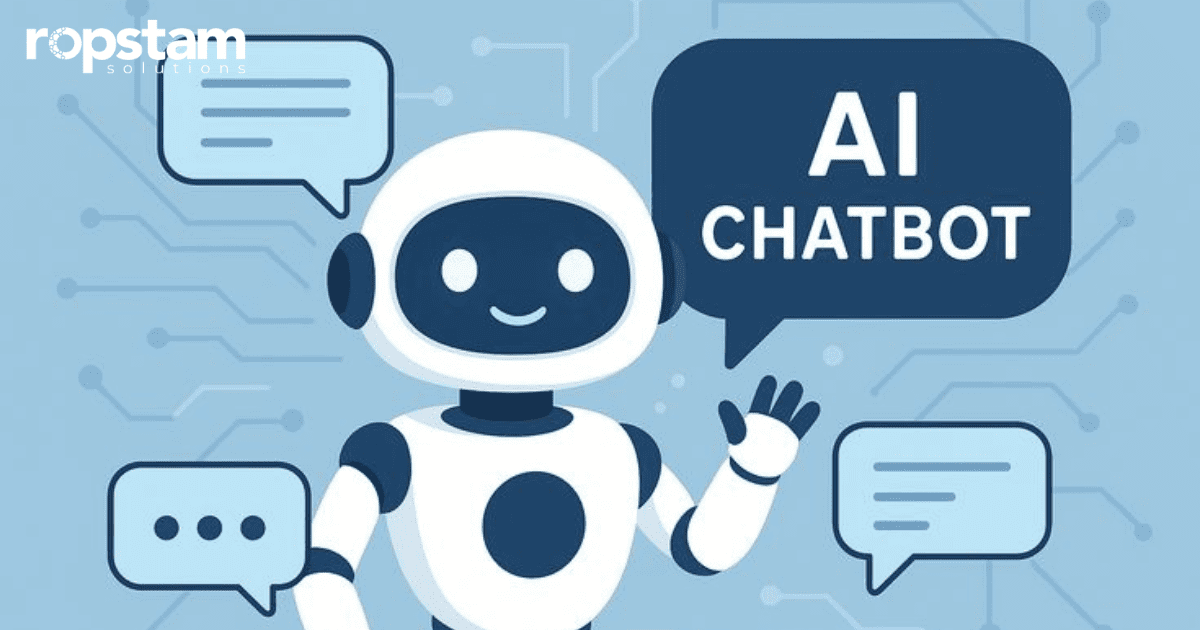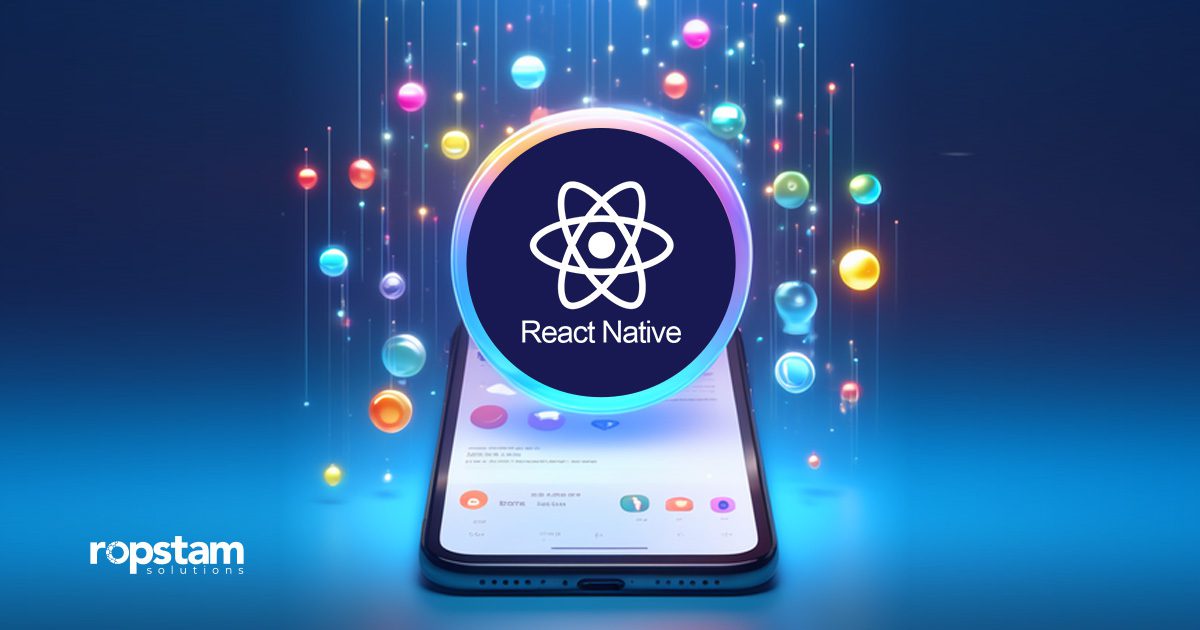Introduction
Artificial Intelligence has taken giant leaps in the past few months. The inception of ChatGPT, the AI-powered chatbot that responds to any query just like a human would respond, has resulted in an exponential rise in the public interest in the Artificial Intelligence domain. Google is working on the development of its own AI chatbot named “Bard,” while OpenAI has launched the upgraded version of ChatGPT called GPT-4, which can even accept images as input and has the ability to solve complex problems with greater accuracy. Apart from these chatbots, AI is also being used in several other fields to boost human work and serve society in general.
In a recent revelation, researchers and doctors have developed a treatment for an aggressive type of cancer with the aid of AI. Meanwhile, another AI model has predicted the survival rate of cancer patients using handwritten notes from the doctor with an acceptable level of accuracy. The following passage briefly explains both discoveries.
Discovery Of Game-Changing Drug
An AI drug discovery platform named Pharma has been developed by researchers from the University of Toronto for the remedy of hepatocellular carcinoma (HCC) – a common type of aggressive liver cancer. It is pertinent to mention that this particular drug was created in just 30 days. Before its widespread application, however, this drug will have to go through clinical trials and require approval from Food and Drug Administration (FDA) alongside other regulatory authorities.
Predicting The Survival Rate Of Cancer Patients
Scientists from the University of British Columbia – one of the top three universities in Canada – have formulated an AI-powered system that can predict the survival rate of a cancer patient with more than 80% accuracy. According to a research associate from the University of British Columbia, this AI model has been trained and tested on a natural language processing dataset. Since the dataset contained information on 47,625 cancer patients residing in one province (British Columbia), it’s challenging to predict the accuracy level of this model on a global scale. However, researchers are confident that the AI model is scalable and can predict a patient’s survival rate in any locality by modifying the training dataset.

Conclusion
Given the widespread acceptance and applications of Artificial Intelligence, the field of medicine has entered a new era. Cancer is an extraordinarily complex and lethal disease because of the ability of cancer cells to adapt. With the aid of AI, it might be possible to find a more affordable, feasible, and long-term solution for this deadly disease which is the second leading cause of death globally.













